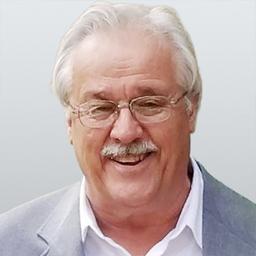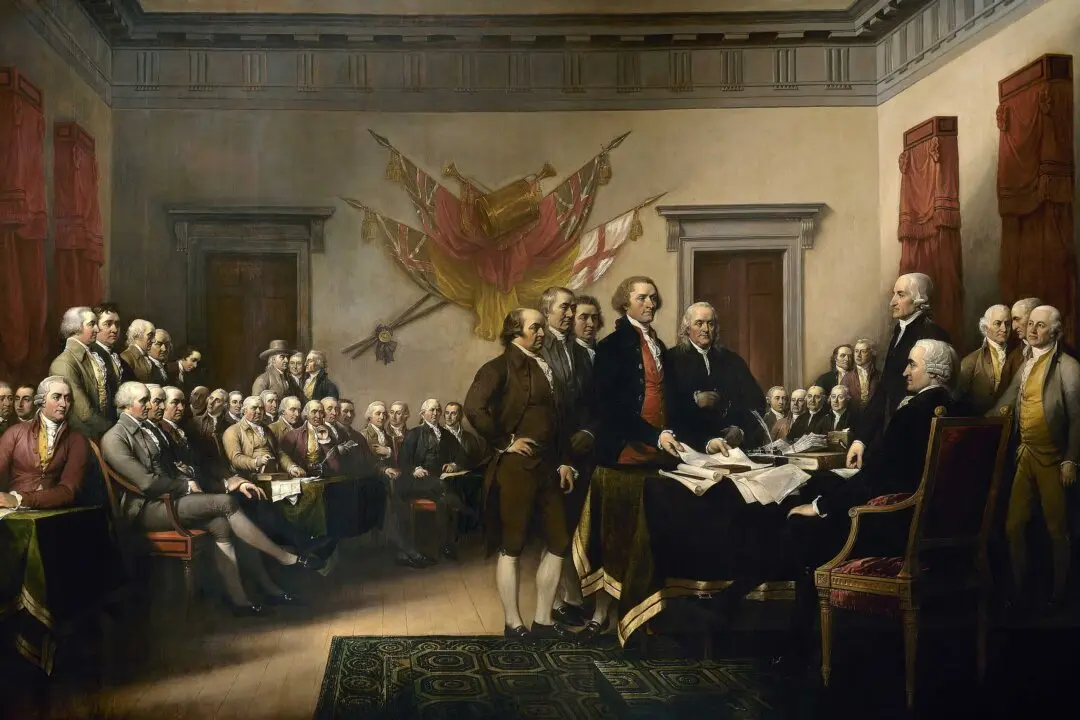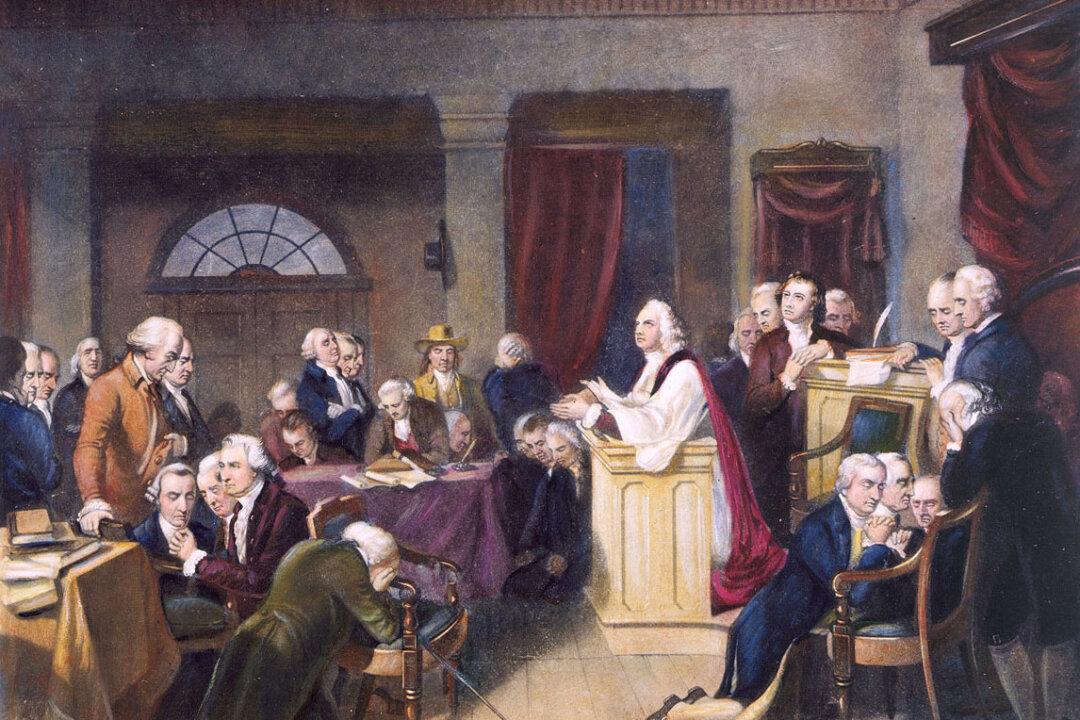In his refreshingly candid book, “The Masculinity Manifesto: How a Man Establishes Influence, Credibility, & Authority,” Ryan Michler, the host of the Order of Man podcast (downloaded over 45 million times) argues that masculinity should be celebrated and nurtured rather than denigrated and eliminated.
Men require purpose, and need to feel useful, productive, and valuable, the author writes. For men, happiness is not the end goal; fulfillment is. Attainment, achievement, and accomplishment are what give men purpose.






